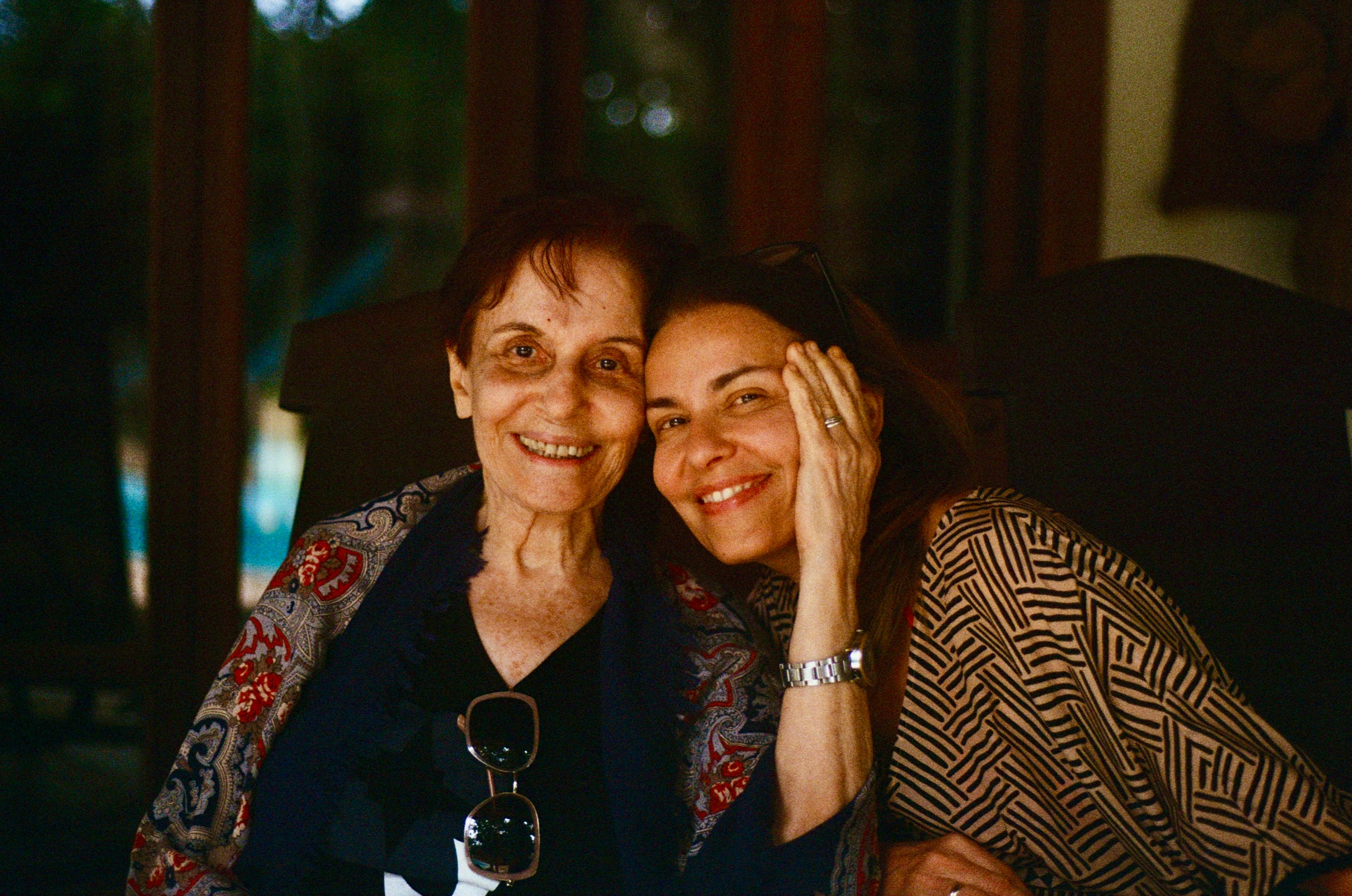Understanding Hospice Services
When someone you love is seriously ill, the decisions you face can feel overwhelming. Hospice care is here to ease some of that burden. It’s not about “giving up” — it’s about making the most of the time that remains, focusing on comfort, dignity, and togetherness.
What Hospice Care Is (and Isn’t)
Hospice is specialized care for people with a life expectancy of about six months or less. Instead of trying to cure an illness, hospice helps manage pain, symptoms, and stress so that life can be lived as fully as possible. Importantly, hospice care supports both the patient and their family.
What Hospice Provides
Comfort and Symptom Relief
Hospice nurses and doctors are experts in pain control and symptom management. Whether it’s shortness of breath, fatigue, anxiety, or other concerns, the team’s focus is on helping your loved one feel at ease.
Emotional and Spiritual Support
Illness affects more than the body. Counselors, social workers, and chaplains are available to listen, guide, and support your family in ways that respect your values and beliefs.
Care at Home (and Beyond)
Most hospice care happens wherever your loved one lives — at home, in a nursing facility, or sometimes in a hospice house. This allows care to happen in a familiar and comforting environment.
Medications, Equipment, and Supplies
Hospice covers medications for comfort, as well as equipment like hospital beds, oxygen, and wheelchairs. These are delivered directly to you, removing one more stress from your shoulders.
Help with Daily Care
Hospice aides can assist with bathing, dressing, and personal care — the small but important tasks that can feel heavy for families to manage alone.
Guidance for Families
One of hospice’s most valuable roles is teaching families what to expect as illness progresses. You’ll learn how to care for your loved one and when to call for help. The hospice team is available 24/7.
Grief and Bereavement Support
Support doesn’t end when your loved one passes. Hospice continues to care for families with grief counseling, phone check-ins, and support groups for at least 13 months after a loss.
Who Provides Hospice Care?
Hospice care is delivered by an interdisciplinary team:
- Physicians & Nurses: Oversee medical care and manage symptoms.
- Certified Nursing Assistants (CNAs): Provide hands-on help with daily living.
- Social Workers: Offer counseling, practical resources, and advocacy.
- Chaplains/Spiritual Counselors: Address spiritual needs, respecting all faiths and traditions.
- Volunteers: Provide companionship, respite for caregivers, and practical help.
Why Hospice Matters
Hospice is about making each day the best it can be. It’s about finding comfort, creating space for meaningful moments, and ensuring no one goes through this journey alone.



.jpg)
.jpg)